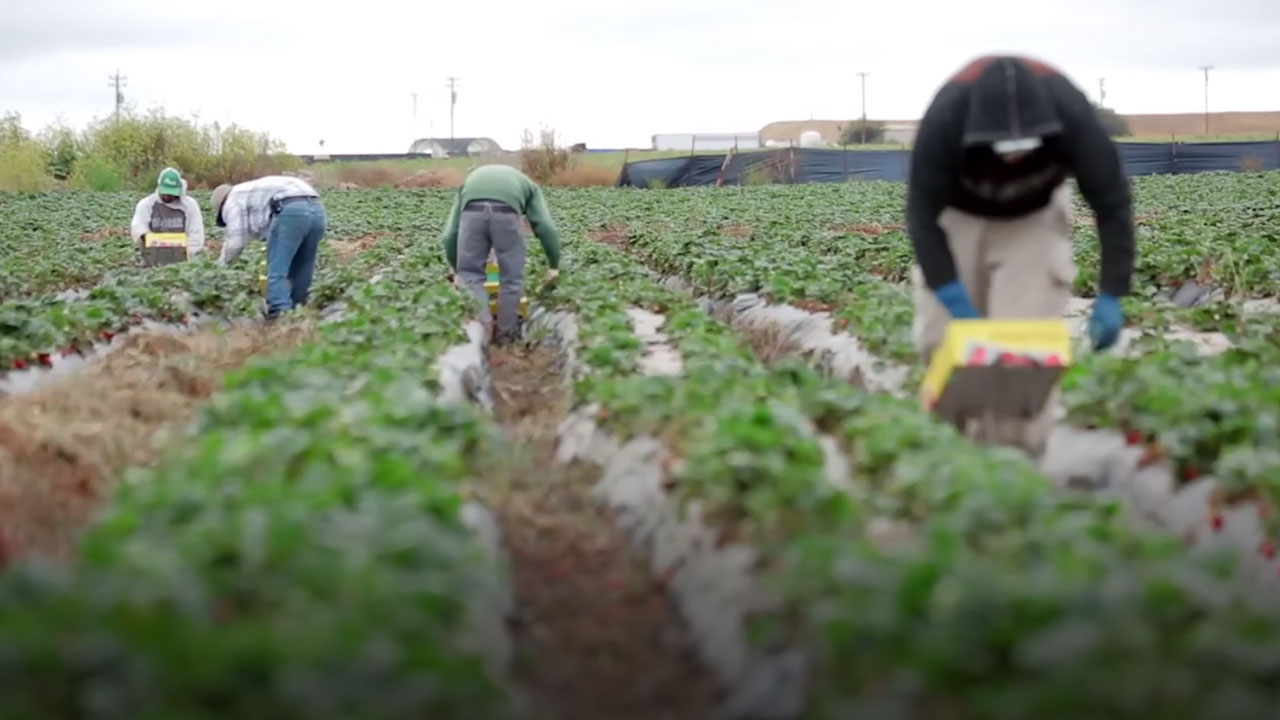WHERE EQUITY MEETS OPPORTUNITY
At Reinvestment Fund, we invest our capital, our knowledge, and our capacity in building a nation where all families have the opportunity to pursue healthy lives.
Capital at the Point of Impact
We direct high-impact investments to benefit low-income communities—$224 million in 2015.
Healthy, accessible, and affordable food
In 2015, Reinvestment Fund supported 17 new healthy food projects with more than $40 million in financing.
Among our recent projects is a veteran-owned Save-a-Lot supermarket in rural Winfield, KS. Honor Capital, which operates the store, has a dual mission to employ returning veterans and alleviate food deserts. We partnered with the South Central Kansas Economic Development District (SCKEDD) and Crowley County, which provided inventory and working capital financing.
In North Hartford, CT, which became a federal Promise Zone in 2015, we are helping a local business owner make improvements to a retail shopping plaza that includes the neighborhood’s only grocery store. The store serves a high percentage of customers redeeming SNAP benefits and is the nearest option for more than 15,600 residents in the Upper Albany neighborhood, where the average annual income is only $12,099.
Innovation in housing solutions
Reinvestment Fund has supported housing innovators and the development of stable, mixed-income communities over our 31-year history.
In 2015, we participated in California’s first Pay for Success program, an initiative to provide clinical services and permanent supportive housing for up to 200 chronically homeless individuals in Santa Clara County.
We were also proud to celebrate the opening of Shelterhouse’s new David and Rebecca Barron Center for Men. Shelterhouse serves 61% of all single homeless adults in the Cincinnati region. The new facility includes spaces for case management, job training, and a primary health center that is available to shelter residents and the surrounding community.
Community health
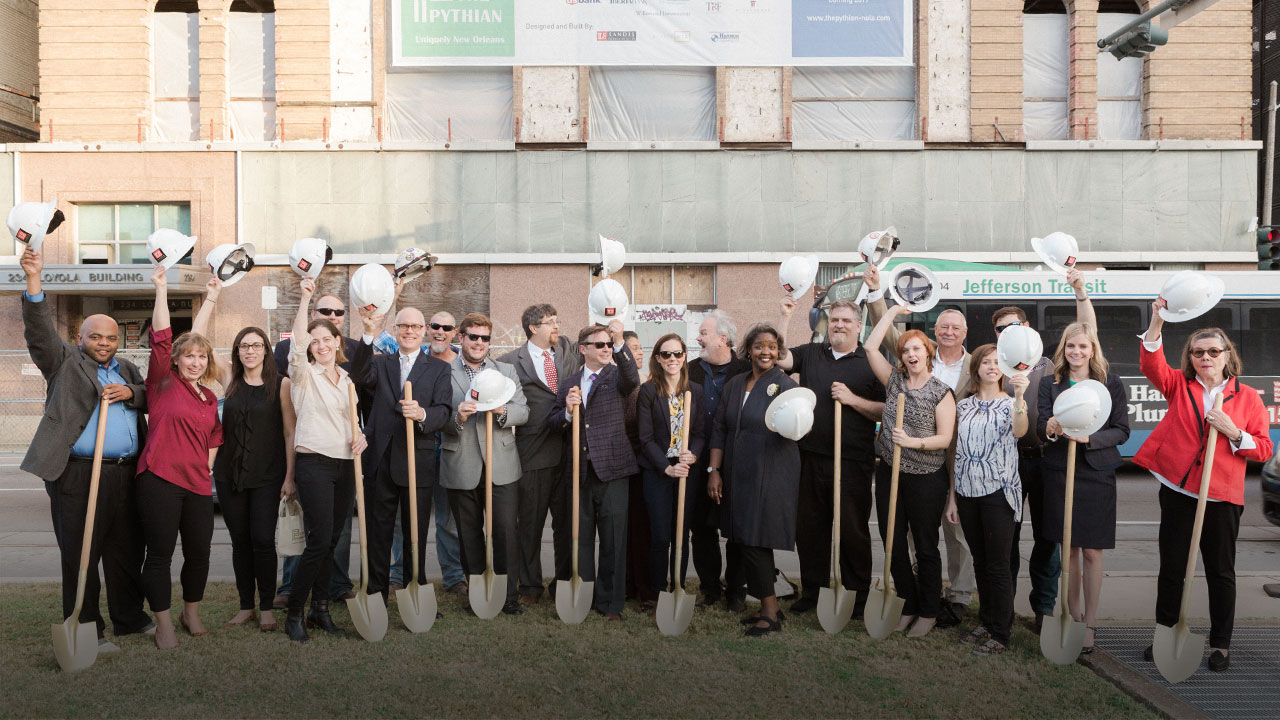
Reinvestment Fund financing is helping Green Coast Enterprises convert the historically important Pythian Building in the downtown business district of New Orleans into workforce affordable housing for healthcare workers.
The project will include a community health center and space set aside for other health-related businesses, including a woman-owned physical therapy business.
We also invested in a new School of Health Sciences at Emory and Henry College in rural Smyth County, VA. In addition to the medical school, the hospital complex will allow the college to add graduate-level studies in health sciences and activate two student-run clinics (focused on obesity and falls prevention). It will also house the expansion of an existing free clinic serving low-income residents.
Climate solutions
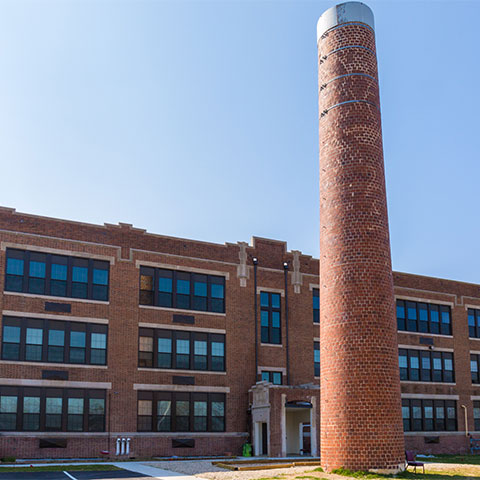
The risks and costs of climate change are not equally shared: Research shows that low-income people and communities of color disproportionately live in places with poor environmental quality and the resulting adverse health effects. Reinvestment Fund works with many of our borrowers to incorporate climate solutions in their projects.
In 2015, we partnered with the City of Baltimore to launch the Baltimore Energy Initiative (BEI), which provides low-interest loans to nonprofit and for-profit small businesses. Baltimore’s new Green Street Academy received a BEI loan to support energy-efficient building construction. The school’s new home will use 32% less energy than if it had been renovated to more conventional standards. BEI funds are also helping Historic East Baltimore Community Action Coalition (HEBCAC) rehab vacant rowhomes in East Baltimore. Green features include rooftop solar panels, which will save homeowners 10% on their energy costs.
Knowledge in Practice
We put research and data into practice through policy and capital that address entrenched problems.
Community of practice
Reinvestment Fund is working with city and municipal governments nationwide to improve the use of data in how community development resources are directed into neighborhoods. At our inaugural Community of Practice convening in Milwaukee, 40 senior administrators and officials representing cities from Baltimore to St. Louis and New Orleans to Jacksonville gathered to discuss challenges and success stories and how Reinvestment Fund’s Market Value Analysis (MVA) can help achieve their development goals.
The MVA allows public, nonprofit and community organizations to gain a common understanding of their neighborhoods, create a coordinated investment and service-delivery strategy, and measure community change over time.
The City of Baltimore has commissioned four MVA studies so far, which it used as the data foundation for the mayor’s Vacants to Value Program.
Progress in fair housing
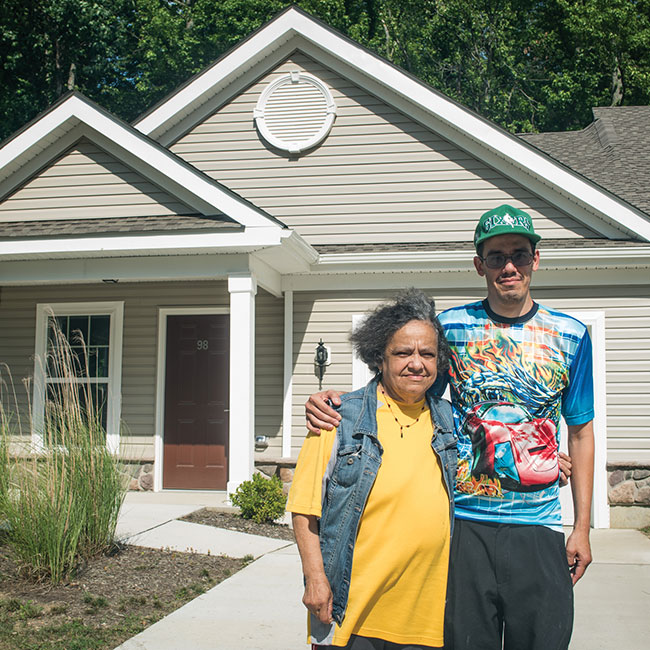
On June 25th, 2015, the Supreme Court rejected a challenge to the Fair Housing Act, upholding the principle that housing practices can have a “disparate impact” on minority communities even if the original intent of those practices was not discriminatory. Reinvestment Fund has long been at the forefront of fair housing issues. Last year, the Supreme Court was scheduled to hear a disparate impact case between the township of Mount Holly, NJ, and citizens who were displaced by the demolition of 300 homes in favor of new construction, market-rate housing.
TRF Development Partners helped craft a resolution that serves the interests of both residents and the township, resulting in a settlement agreement and the withdrawal of the lawsuit. Central to our development plan for the Parker Green subdivision is the integration of new families with existing residents in a mixed-income community, and construction is underway on the first 22 units of affordable housing.
Greater equity in access to healthy food

In 2015, Reinvestment Fund released a full update of our national study of food access, the Limited Supermarket Access (LSA) analysis. The study includes trends in healthy food access from 2005 through 2013. In that time, Reinvestment Fund invested $74 million in healthy food projects across Philadelphia; over that same period, the city saw a 56% decline in the number of people living with limited access to a full-service supermarket. The new analysis also includes a measure of “store importance” that quantifies how food access would be affected by the closing of a particular store. This allows us to measure the impact that new stores have on their surrounding populations and to identify stores that are important to preserve in order to maintain access in a community.
Among the stores we financed in 2015, a Kroger Marketplace in Atlanta, GA, and a Whole Foods in Newark, NJ, are both located in limited supermarket access (LSA) areas.
Toward universal pre-K
Reinvestment Fund, in partnership with the William Penn Foundation and Public Health Management Corporation, launched the Fund for Quality in spring 2014, a $7 million initiative to expand the availability of high-quality early education for Philadelphia’s low-income families. This initiative specifically invests in centers that will expand to serve more low-income children in neighborhoods that our policy work identified as underserved (the data is available on ChildcareMap.org, built by PolicyMap).
The inaugural round of funding drew more than 30 applications from high-quality providers. In its first two years, the fund awarded grants to 17 high-quality early childhood education centers, which will collectively serve 630 more children every year, the majority of whom are from low-income families. William Penn Foundation renewed its commitment to the initiative with another $15 million grant beginning in 2016.
We are currently working with Newark, NJ, and others to build their own data-driven analyses of the supply of and demand for quality childcare, giving more cities a valuable tool for supporting early childhood education.
Capacity to Grow
We enable our partners, policymakers, borrowers and peers to grow their capacity and their impact.
Invest Health: 50 cities

Reinvestment Fund and the Robert Wood Johnson Foundation (RWJF) launched Invest Health, a pioneering, multi-sector initiative to improve health in mid-sized cities across the country. We selected 50 cities out of the 182 letters of intent that we received from 170 cities seeking to participate in the Invest Health initiative.
“Like RWJF, Reinvestment Fund has a long history of advancing health and equity through strategic investments. In joining forces, we hope to transform the way cities approach community development.”
Collaborating to finance healthy food
ReFresh is a national network of practitioners engaged to improve access to healthy food across the United States, where long-standing barriers make it difficult for residents to live healthier, more stable lives. The network has grown to 18 CDFI members.
Northern California Community Loan Fund (NCCLF) is one of four inaugural members of Reinvestment Fund’s ReFresh program, launched with support from JPMorgan Chase Foundation. With California FarmLink, NCCLF helped finance Bucio Organic Farms, which grows and delivers organic, healthy produce to market.
Baltimore’s arts & culture economy
In 2015, Reinvestment Fund welcomed a new Arts and Culture Fellow, Rebecca Chan, based in Baltimore. Funded by the Kresge and Surdna Foundations, we are developing a strategy for targeting arts investments in low-income communities where they can catalyze and build on other complementary efforts to revitalize distressed neighborhoods. One such example is the groundbreaking of TRF Development Partners’ second phase of the City Arts development, which will create 60 transit-oriented, high-quality residential units for Baltimore’s artist community.
All the data you need
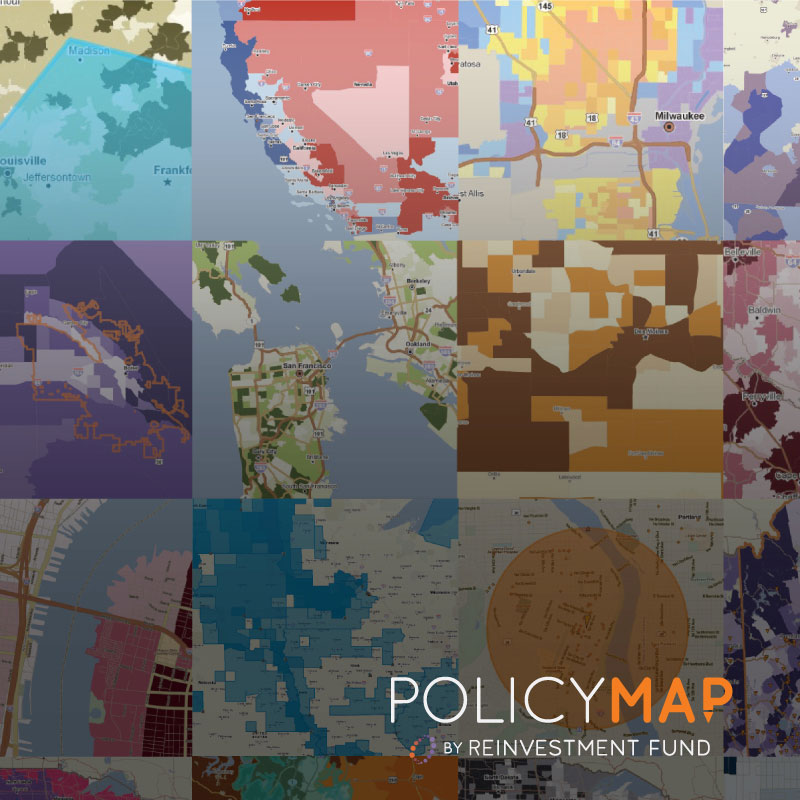
PolicyMap is the web’s largest place-based data library with simple mapping and reporting tools. PolicyMap continued to grow this library in 2015, now including data on segregation in American communities, IRS tax data, broadband internet access, FEMA disaster declarations, and the locations of mental health and substance abuse treatment facilities.
As part of its mission, PolicyMap provides all public data for free without a subscription.









